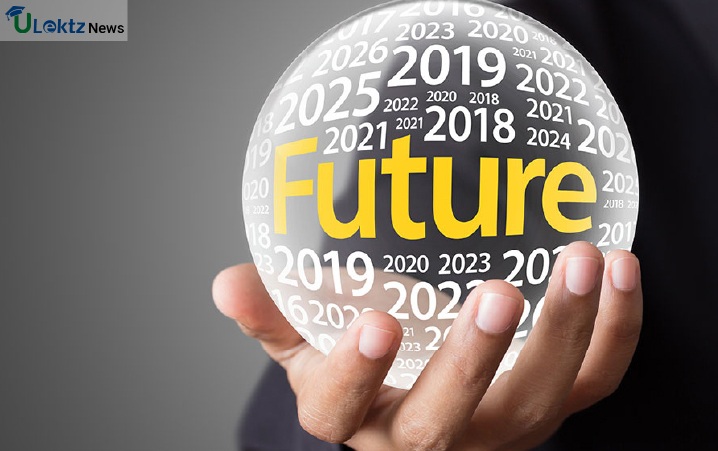The year 2020 has been a rather challenging one for industries and organisations at large. The unprecedented onslaught of COVID 19 took a massive toll on economies all over the world, leading to major disruptions. Be that as it may, every crisis comes with a silver lining and brings in new opportunities.
Strict lockdowns imposed across the world had thrown in a huge challenge for business operations with the movement of people and supply chains being drastically affected. However, several organisations worldwide recalibrated their approach and exhibited tremendous resilience by responding with prompt Business Continuity Plans running to tackle the new dynamics. Accordingly, individuals and institutions globally adopted remote working and work-from-home regimens.
Hybridisation and Employee Welfare
Moreover, as the frailty and uncertainties of human life were exposed by the pandemic, an institutional shift occurred with the focus moving from profits to people and the planet with the increasing emphasis on sustainable best practices and the rising onus to make a difference to communities in which organisations operate. As the benefits of such a balanced approach become apparent to varied stakeholders, some of these practices will continue into 2021 and define an age of transformation for corporates.
The major disruptions throughout the year marked a distinct change of mindset across leaderships and boardrooms alike, where empathy and emotional intelligence became the business drivers at workplaces and in the market. And therefore the philosophy of ‘Meraki’ – a Greek expression, which means: ‘Whatever you do, undertake it with love, creativity and passion,’ emerged more strongly. In 2021, leaders would have to put their hearts and minds into any approach to make it work and foster genuine relationships that inspire loyalty within the workforce.
The upcoming year will define the era of the hybridisation of work culture. Technology will be embedded in the infrastructure of companies to create collaborative workspaces. Given the limitless possibilities of the hybrid work culture, employees will prefer organisations that offer flexible work hours and the option to work remotely. Even when offices do open, professionals would be on the lookout for a conducive work environment that prioritises employee welfare.
Therefore, it will become imperative for HR to develop and design policies that suit individuals. The “one-size-fits-all” approach won’t cut ice with the new generation of employees. To retain talent, organisations would have to consider all the possibilities of welfare: health, work hours, facilities, etc.
As employees seek versatile work environments, leaders need to would welcome and encourage gender diversity at workplaces. Supporting diversity and inclusion will create a colourful and empathetic work culture that, in turn, would inspire creativity. This will help leaders ensure better business outcomes as employees would feel more engaged, connected and creative.
Reskilling and other Imperatives
Another paradigm development will be the criticality of reskilling and upskilling. As the deployment of digital technologies gains momentum propelled by the evolving dynamics of industries at large, even as old roles are phased out, new ones will be created. To keep pace with ever-changing industry dynamics, organisations would need to invest time and resources in developing the future skills of their employees or the future workforce.
Consequently, more collaborations and partnerships with e-learning platforms will be required in helping employees acquire new skills and competencies such as digital literacy, social/digital analytics and strategic intelligence, among others. Undoubtedly, 2021 will emerge as a more competitive market for freshers and lateral joinees. No doubt, COVID-19 has created unprecedented challenges for everyone.
Nonetheless, it has made all stakeholders realise that change is the only constant – be it the corporate world or the cosmos. Against this backdrop, one must accept the possibility of some degree of uncertainty in the New Year too and prepare for varied scenarios. Leaders and employees alike must mould themselves in adapting to the demands of the ever-changing and dynamic marketplace. By bringing in a new stream of thoughts and a culture driven by agility, adaptability, organisations have rightly exhibited how they can navigate through trying times and even transform temporary challenges into long-term gains.
Source: People Matters
Author: Samir Modi, Managing Director, Modi Enterprises.








